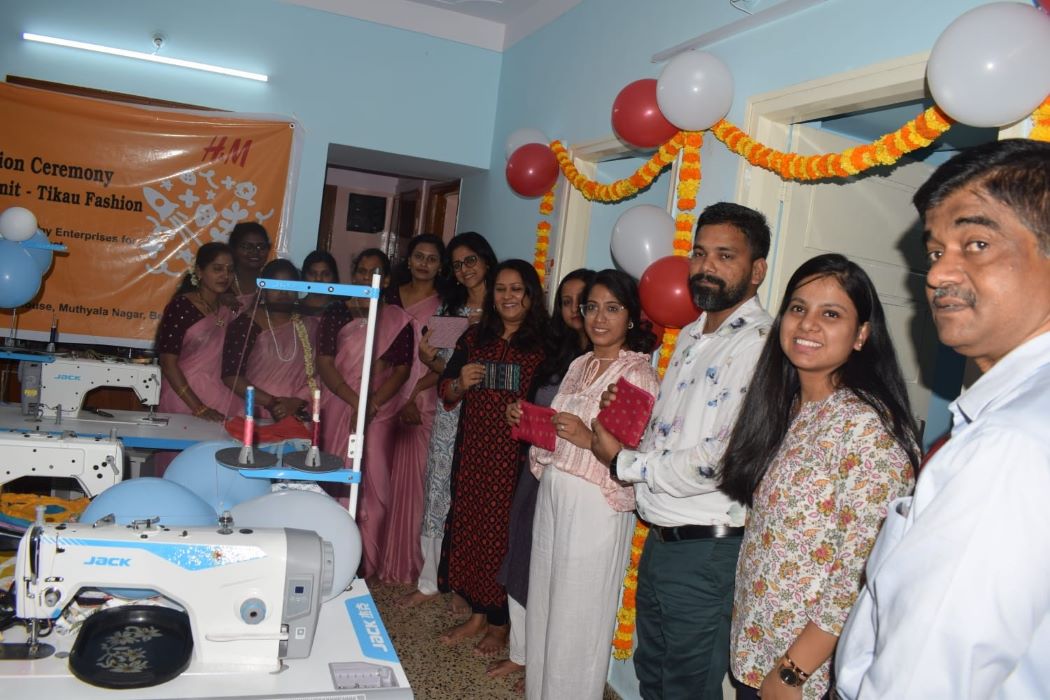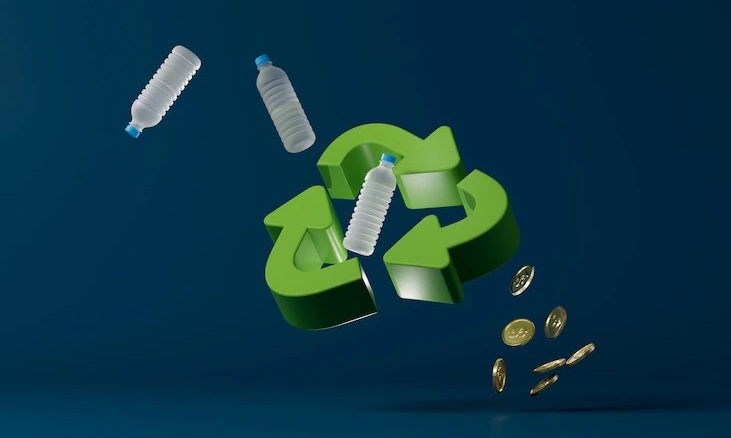Bengaluru, Aug 10, 2024: In response to Bengaluru’s mounting waste management challenges, H&M Hennes & Mauritz Retail Pvt Ltd, H&M Services and Bal Raksha Bharat (also known as Save the Children India) have launched Tikau Fashion, a circular economy project designed to revolutionize waste management and promote sustainable practices in the city.
The project will harness the creative potential of Bengaluru’s youth to tackle both waste management and unemployment through practical, circular economy solutions. Central to this initiative is the recycling and upcycling of old clothes into new, trendy fashion items and other products such as bags, rugs, and quilts.
This project will build on the successes of the Youth Innovation and Action Lab (YIAL), which has already demonstrated its effectiveness in fostering youth-led innovation across multiple states. By integrating technology and providing ongoing mentorship, Tikau Fashion will not only create job opportunities but also drive significant environmental benefits.
This effort not only addresses the waste generated by the textile industry but also promotes awareness about sustainable fashion practices.
The Tikau Fashion Initiative will reduce waste by turning textile waste into high-quality, new products, thereby minimizing the environmental footprint of the fashion industry. It will empower youth by engaging young people in the creation of eco-friendly products while providing them with valuable skills in design, entrepreneurship, and sustainability.
The initiative will raise awareness about the importance of responsible waste management and sustainable fashion choices.
Yanira Ramirez, Country Sales Manager for H&M Hennes & Mauritz Retail Private Limited, said, “At H&M, we firmly believe in the transformative power of collaboration to drive positive change.This initiative by Bal Raksha Bharat, exemplifies our shared dedication to sustainability and community empowerment. By transforming textile waste into eco-friendly products, this initiative addresses Bengaluru's waste management challenges while creating valuable opportunities for local youth. This project aligns seamlessly with our global sustainability goals, showcasing how innovative circular economy solutions can make a lasting environmental and social impact. We are thrilled to see Tikau Fashion inspire a new generation of conscious consumers while fostering a more resilient and inclusive future for all.”
Sudarshan Suchi, CEO, Bal Raksha Bharat, said, “We are thrilled to launch Tikau Fashion in partnership with H&M, marking a significant step towards transforming waste management practices in Bengaluru. This initiative embodies our commitment to sustainability and youth empowerment. By integrating circular economy principles, we are not only addressing the pressing issue of textile waste but also providing valuable skills and opportunities to the next generation. Through Tikau Fashion, we aim to create a positive environmental impact while fostering economic growth and innovation among marginalized youth. Together, we can build a greener and more inclusive future."
As Bengaluru grapples with escalating solid waste issues exacerbated by rapid urbanization and insufficient infrastructure, the need for innovative solutions has never been more critical. Current waste management strategies, including those under programs like Swachh Bharat Abhiyan, have made strides. To accentuate the government’s efforts and accelerate waste segregation, proper disposal, and an advanced technology integration, Bal Raksha Bharat and H&M have stepped up to address the pressing need for community education.
Tikau Fashion aims to address these challenges by embracing the principles of a circular economy—a sustainable model that focuses on minimizing waste and maximizing resource use. Unlike traditional linear models, the circular economy promotes recycling, reuse, and remanufacturing, ensuring that products are designed to be easily repaired, upgraded, or disassembled. This innovative approach not only reduces environmental impact but also fosters economic growth and sustainability.













.jpg)



